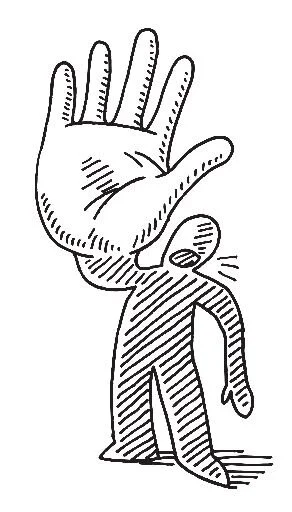What to Do about Unprofessional Behavior in Your Workplace
/It takes one leader to lead a vision, motivate a team, boost productivity and increase retention. It also only takes one to disrupt a company, erode employee motivation, constrict productivity, and increase attrition. In a volatile market that’s already stressed, the power of leadership is multiplied. In the higher-risk, hyper-competitive environment we are seeing now, these behaviors will exact a toll on a company’s business. Today we’re going to focus on avoiding that toll.
The solution is simple, but it may not be easy: changing abrasive behavior.
What does abrasive behavior look like?
Let’s start with some clarifying definitions. The Boss Whispering Institute defines abrasive behavior as “words and actions [creating] interpersonal friction that grates on subordinates, peers, and even superiors, eroding employee motivation and organizational productivity. Abrasive conduct can range on a continuum from mildly irritating to severely disruptive (otherwise known as workplace bullying).”
Read More












When we join a company, partnership or team, our expectation is that everyone involved will exhibit professional behavior toward us and each other. Instead, it’s highly possible that we may become one of the more than 60 million adults in the United States who are affected in some way by bullying behavior at work.
What kind of behaviors are we talking about? Our definition is any interpersonal behavior that causes emotional distress in others sufficient enough to impede their productivity or disrupt organizational functioning. It isn’t just a personality conflict — it’s a chronic pattern of disrespectful behavior.